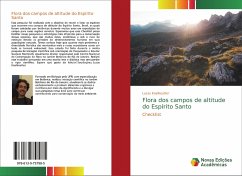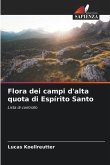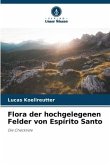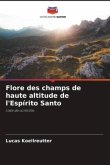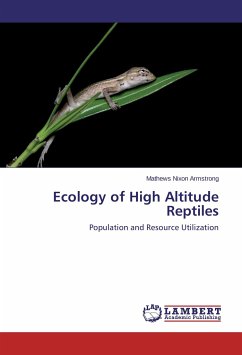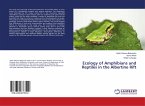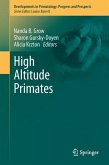This research was carried out with the aim of gathering and listing the species that occur in the high altitude fields of Espírito Santo, Brazil, which have been collected by botanists over many years on field expeditions to these remote regions. We hope that this Checklist will facilitate new research and more efficient strategies for the conservation of these species, many of which are endemic and at risk of extinction due to the pressures of human development on their natural populations. We are certain today that the more we lose the floristic diversity of the mountains, the more vulnerable our ecosystem as a whole will become. This study was carried out during my undergraduate research under the guidance of researcher and doctor Gustavo Martinelli, who is currently the director in charge of the National Centre for Flora Conservation at the Rio de Janeiro Botanical Garden. I did this work with a light and didactic style in mind, but without losing scientific rigour. I hope you enjoy reading it! Greetings, Lucas Koellreutter.
Hinweis: Dieser Artikel kann nur an eine deutsche Lieferadresse ausgeliefert werden.
Hinweis: Dieser Artikel kann nur an eine deutsche Lieferadresse ausgeliefert werden.


